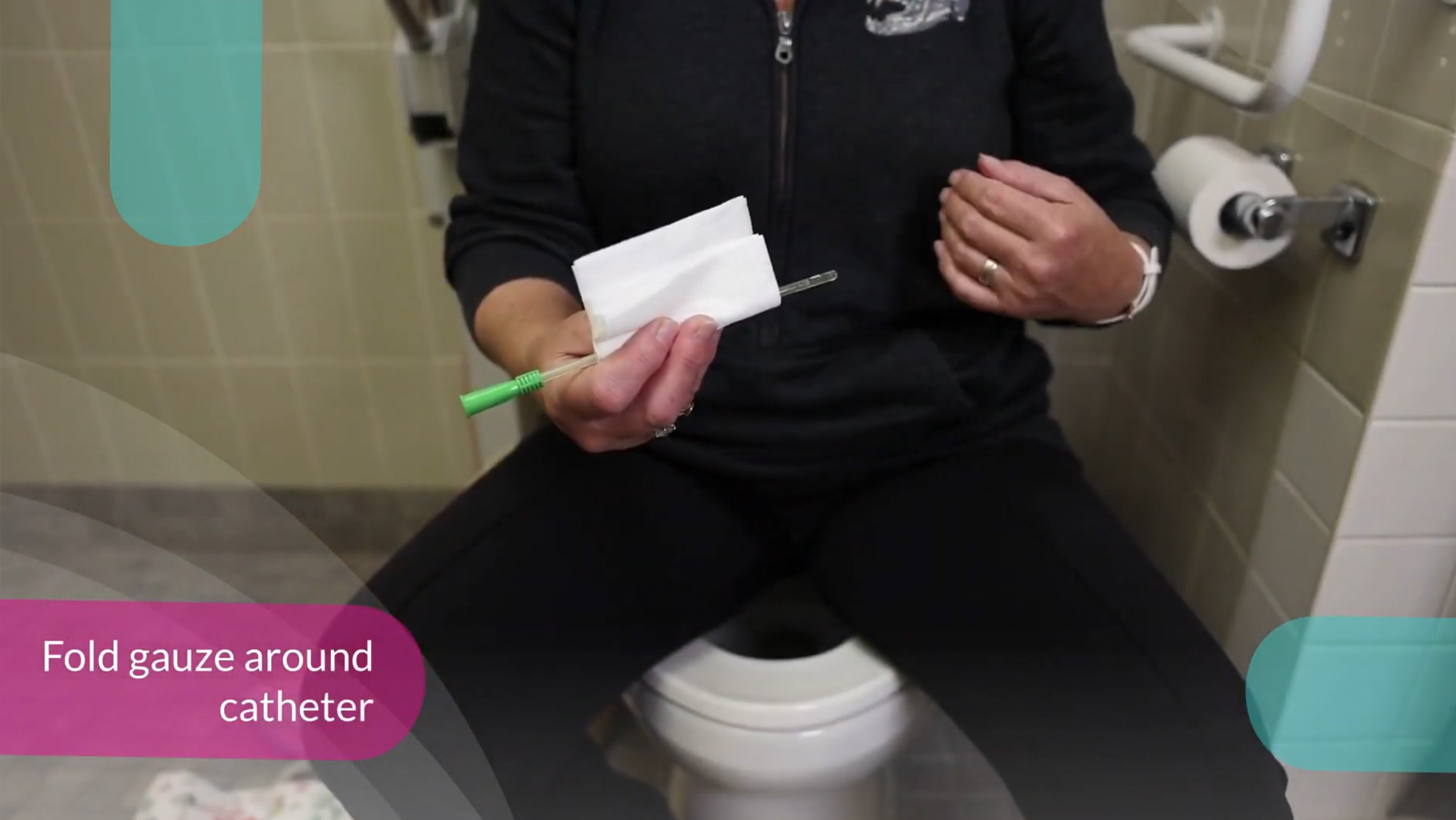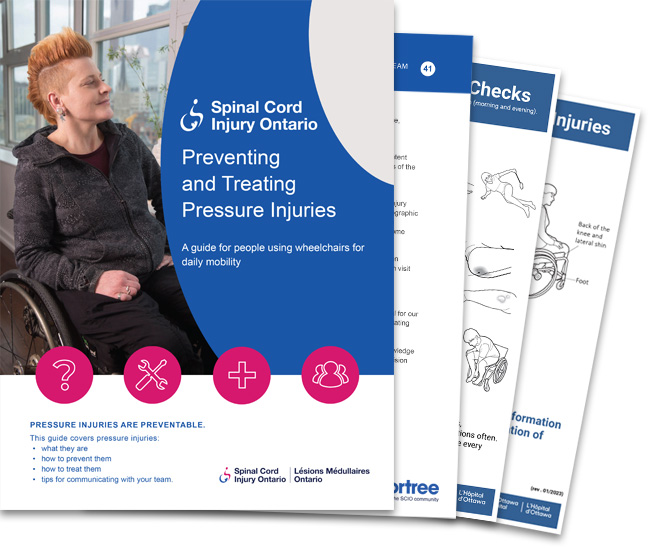In this video about paraplegic constipation treatment, and how to treat and relieve constipation in paraplegic patients, I am sharing tips on how to combat constipation as someone who has a spinal cord injury. A spinal cord injury damages the nerves that let a person control the bowels. Spinal cord injuries above the T-12 prevent the person from feeling the rectum, often resulting in severe constipation in paraplegic patients. For many people with a spinal cord injury, constipation and bowel management is a constant daily issue, and finding reliable, effective treatment is the challenge. Getting enough fiber to add bulk, making it easier to pass through the bowels can be achieved through laxatives. Eating high-fiber foods such as fruits and vegetables, wholegrain bread, and wholegrain cereals are good ways to add fiber to your diet. But also be aware of the fact that if you increase your fiber intake, you must also increase your water intake to avoid constipation. We have developed many more efficient and effective ways to treat and relieve constipation issues for people with a spinal cord injury and paraplegics. If you enjoyed this video about paraplegic constipation treatment, how to treat and relieve constipation in paraplegic patients, and my tips on how to combat constipation as someone who has a spinal cord injury, please remember to like, share, subscribe and comment if you have any questions, suggestions or feedback. We hope to see you here again soon!

Cortree is the platform for everyone to learn from and engage with SCIO’s seven decades of health care, mobility, and disability experience.
Watch Next

Intermittent Catheterization Tips and Tricks | Spinal Cord Injury Ontario Virtual Peer Connections
By Spinal Cord Injury Ontario
Top 10 myths about intermittent catheterization for women
By Spinal Cord Injury Ontario

